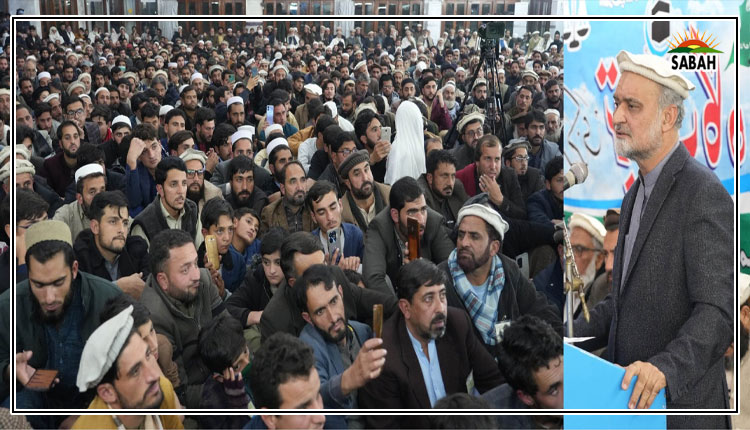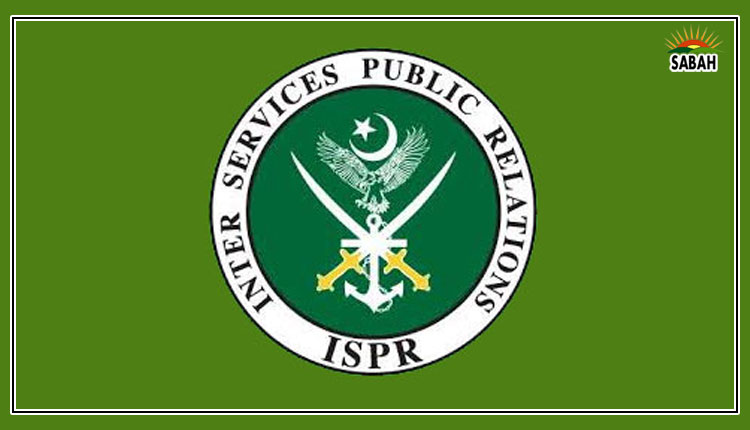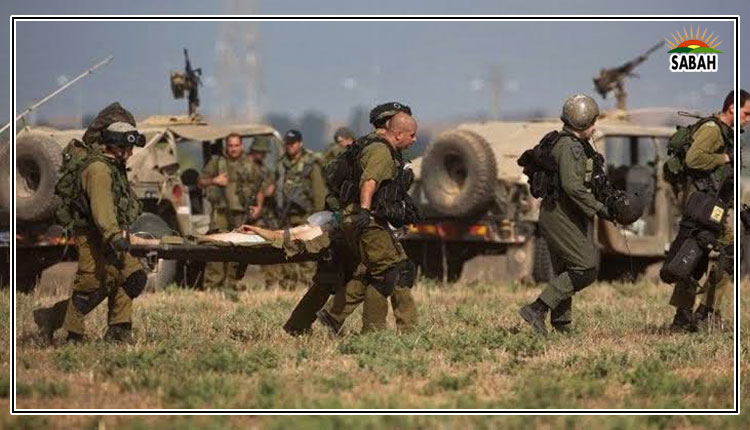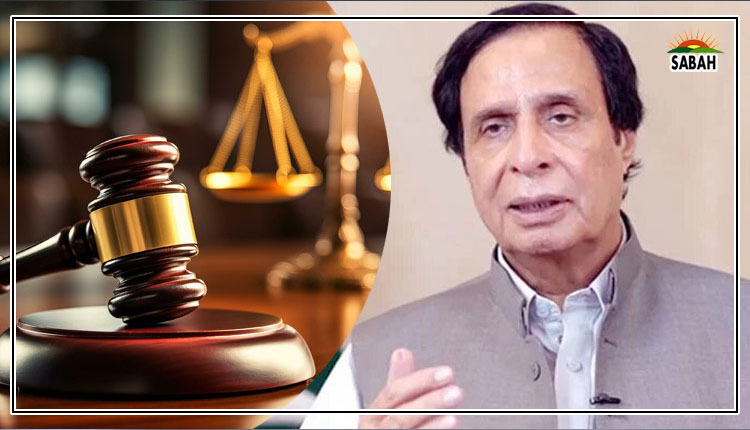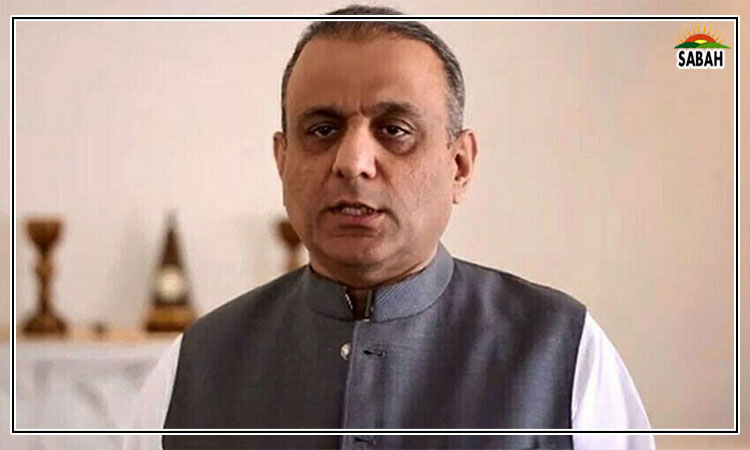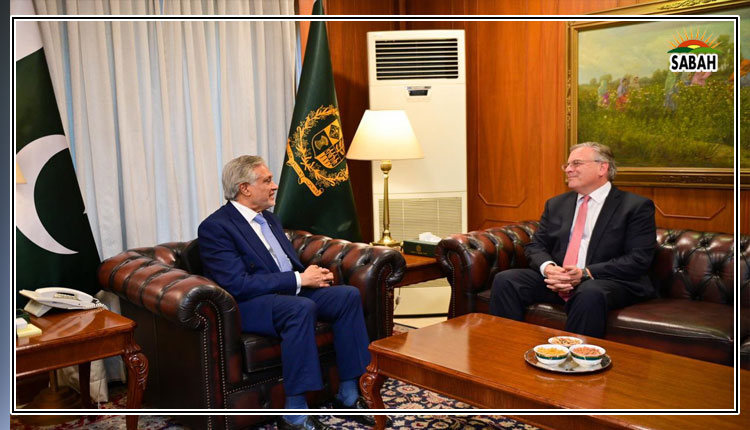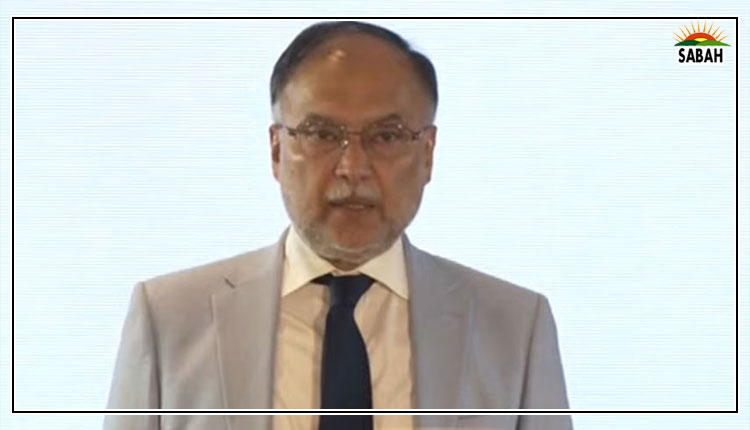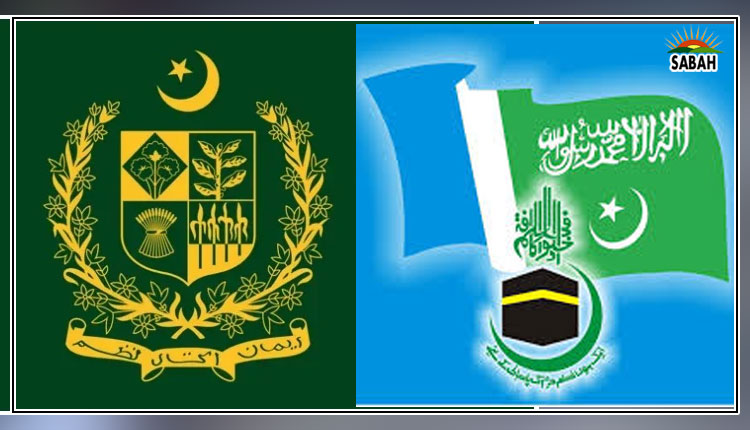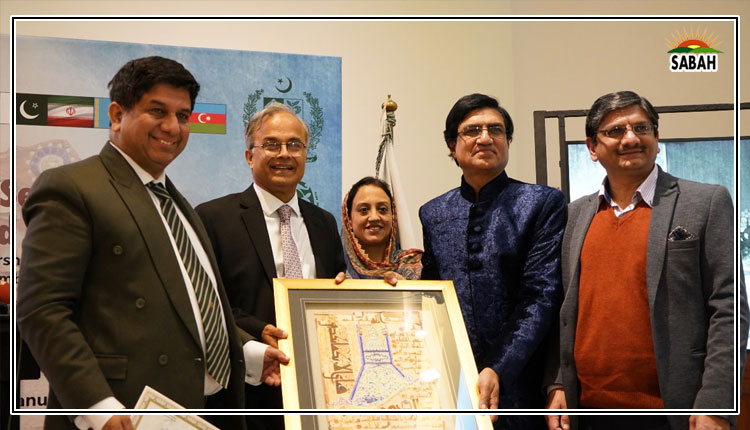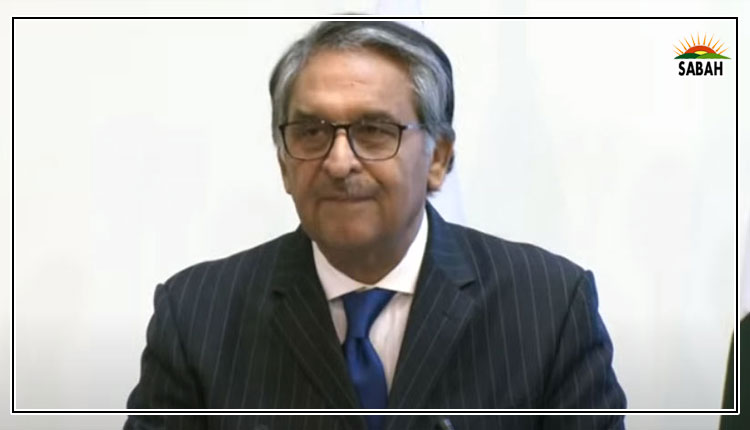Pakistan has a longstanding commitment to the United Nations peacekeeping: Jalail Abbas Jilani
ISLAMABAD, August 31 (SABAH): Caretaker Foreign Minister Jalil Abbass Jilani says Pakistan has a longstanding commitment to the United Nations peacekeeping.
Speaking at the UN Peacekeeping Preparatory Meeting in Islamabad on Thursday, Jalil Abbas Jilani said Pakistan being a leading troop contributor, has a significant stake in its success. He said our participation in the UN peacekeeping spanning over six decades is a tangible manifestation of our contribution to the maintenance of peace and security in line with the UN charter.
Jalil Abbass Jilani said Pakistan is proudly contributing over 4000 troops to various ongoing peacekeeping missions. He said we must also turn our attention to the realm of peace building. He emphasized for establishment of an institute for peace building saying it could serve as a Center for Excellence for providing specialized training, research and expertise in the complex field of peace building.
The Foreign Minister underscored the need to guarantee a safe and secure environment for the UN peacekeepers who tirelessly, safeguard peace around the globe.
He said it is crucial that capacity building takes center stage in order to ensure that peacekeepers are prepared for complex challenges confronting them. He said legal framework and adequate accountability mechanisms are paramount for the safety of peacekeepers. We should stand firm in holding accountable the perpetrators, individuals and groups that harm or threaten the UN peacekeepers.
The Foreign Minister said medical care for the peace keepers is also essential, stressing they deserve the best care including mental health support, standardized training, first aid provisions and enhanced medical facilities.
Jalil Abbass Jilani whilst highlighting the significance of UN Military Observer Group in India and Pakistan, said it holds a distinctive place in peacekeeping history as one of the earliest initiatives to monitor and investigate ceasefire violations in the disputed territory of Jammu and Kashmir.
He pointed out that the UNMOGIP personnel encounter unprecedented adversities due to noncooperation of one party. He stressed that we must proactively address the safety and security gaps as identified in the recent report on UNMOGIP by the UN office of international oversight services.
Jalil Abbas Jilani said that amid the evolving landscape of UN peacekeeping, we stand at a critical juncture where new trends and shifts are reshaping our approach. While the core principles of UN peacekeeping remain the same, we are witnessing a transition from traditional peacekeeping towards a more holistic peacebuilding approach. We have already witnessed this transition in several peacekeeping missions, where peacekeepers not only work to prevent conflict and protect civilians, but also engage in capacity-building, institution-strengthening, and supporting political processes to lay the foundations for lasting peace.
Caretaker FM said that in our commitment to UN peacekeeping, it is imperative that we recognize the need for adaptability and diversification. While Pakistan is proudly contributing over 4,000 troops to various ongoing UN peacekeeping missions, we must also turn our attention to the realm of peacebuilding.
He said that just as we have established a state-of-the-art facility for the training of peacekeepers – the Centre of International Peace and Stability (CIPS), where we are gathered for this meeting – we also hope to collaborate with the UN Secretariat and our international partners to create an Institute for Peacebuilding. It could also serve as a centre of excellence for providing specialized training, research, and expertise in the complex field of peacebuilding.
Jalil Abbas Jilani said that the success of peacekeeping is interlinked with the success of multilateralism. In our pursuit of effective peacekeeping, we recognize that no nation can go it alone. The collaborative spirit exemplified by initiatives such as the Action for Peacekeeping (A4P) Declaration focuses on enhancing safety and security of UN peacekeepers, improving their operational effectiveness, and safeguarding their well-being. The Action for Peacekeeping Plus (A4P+) framework, builds upon these commitments by addressing challenges related to mental health, gender responsiveness, and the efficient use of technology. These declarations underscore a collective commitment to strengthening and adapting peacekeeping operations to meet contemporary challenges.
The UN Secretariat’s role in ensuring the effectiveness of peacekeeping operations remains pivotal. There is need to facilitate collaborative decision-making processes, where TCCs are consulted on strategic matters, in order to foster a greater sense of ownership. Moreover, technical assistance and capacity-building initiatives aimed at strengthening national institutions for peacekeeping engagement should be prioritized for more sustained contributions from TCCs.
“I also take the opportunity to urge our finance contributing partners to embrace a more equitable distribution of the burdens associated with peacekeeping missions. The challenges faced by peacekeepers are universal in their impact, and it is imperative that the financial responsibilities reflect this shared endeavour for global peace and security. Open and constructive dialogue between TCCs and FCCs is essential to harmonize our efforts, ensuring that resources are allocated efficiently and fairly. Transparency in financial commitments and decision-making processes is key to building trust and enhancing mission efficacy” Jalil Abbas Jilani siad.
“As we convene to address the vital issue of peacekeepers’ safety and security, it is apt to contemplate the significance of the United Nations Military Observer Group in India and Pakistan (UNMOGIP), a pioneering peacekeeping mission established in 1949. It holds a distinctive place in peacekeeping history as one of the earliest initiatives to monitor and investigate ceasefire violations in the disputed territory of Jammu and Kashmir. UNMOGIP personnel encounter unprecedented adversities due to the non-cooperation of one party. We must proactively address the safety and security gaps, as identified in the recent report on UNMOGIP by the UN’s Office of Internal Oversight Services” Jalil Abbas Jilani said.
“We must also acknowledge the indispensable and rightful role of women peacekeepers. Pakistan is constantly endeavouring to further enhance the presence of female peacekeepers in its contingents. Women bring unique perspectives and skills that are instrumental in fostering trust and building relationships with local communities. Their presence not only promotes gender equality but also strengthens our peacekeeping efforts. We must create an environment that empowers women peacekeepers and ensures their safety and security” Caretaker FM siad.
“Let us never forget the profound sacrifices made by our dedicated peacekeepers in the line of duty. These brave men and women leave behind the comfort of their homes, risking their lives to bring stability to war-torn regions. I take the opportunity to commend the United Nations for its initiative to establish a Commemorative Wall, paying tribute to the lives lost in the noble cause of peacekeeping, including 172 Pakistanis” Jalil Abbas Jilani said.
“In closing, I would like to re-emphasize that our goal should be clear: to ensure a safe and secure environment for UN peacekeepers who tirelessly safeguard peace around the globe. We look forward to meaningful outcomes from this meeting that will feed into the deliberations of the forthcoming Ministerial meeting in Accra, Ghana, in December 2023” Jalil Abbas Jilani said.


